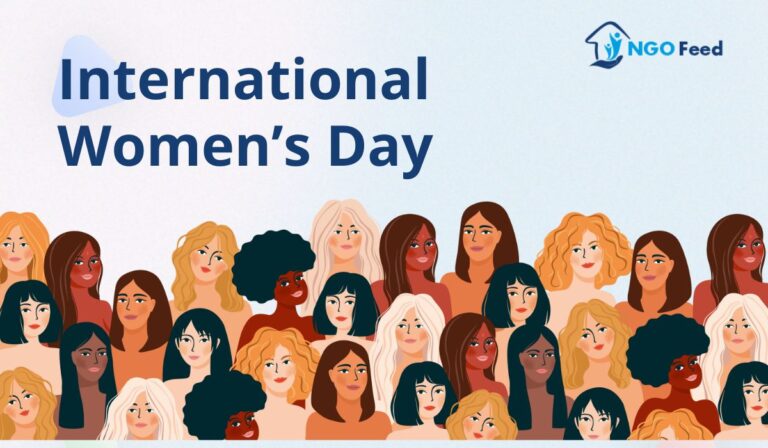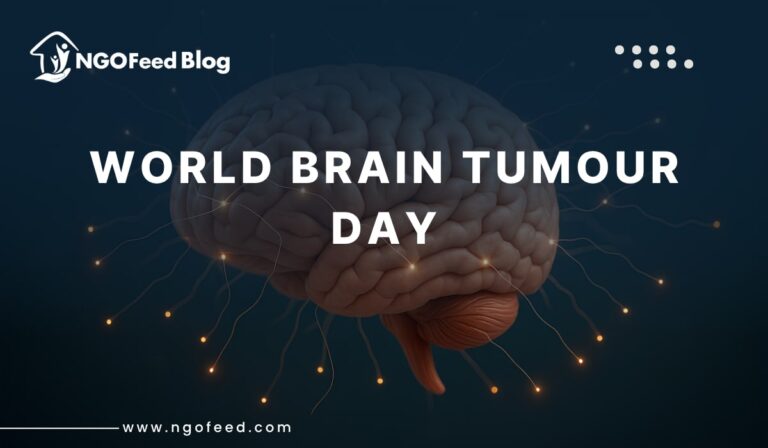Role of NGOs in Modern Society: Non-Governmental Organizations (NGOs) play a vital but oftentimes overlooked role in the intricate fabric of contemporary society, which is interwoven with threads of technological progress, economic change, and changing social standards. They are active change agents who fill essential voids, speak up for the underrepresented, and promote a more equitable and sustainable world, rather than being only charitable organizations. Their role has grown in importance as they address the complex issues that cannot be readily solved by governments or markets alone.
Table of Contents
Function of NGOs in Modern Society
One of the main functions of non-governmental organizations is to respond to humanitarian emergencies and social injustices. They frequently operate on the front lines, delivering crucial support, medical care, education, and shelter to at-risk groups impacted by discrimination, conflict, natural catastrophes, and poverty. They are able to connect with neighborhoods that larger, more bureaucratic organizations may miss because of their nimbleness and local ties. NGOs serve as a crucial safety net, guaranteeing that fundamental human needs are satisfied and human dignity is upheld, whether it be through distributing food and water following an earthquake, offering legal assistance to refugees, or managing educational programs in underprivileged areas.
Also Read: Role of Cryptocurrency in Nonprofit Donations
Additionally, NGOs in India are essential for advocacy and for holding those in power accountable. They serve as watchdogs, overseeing government actions and business practices, and speaking out against corruption, injustice, and environmental harm. They advocate for systemic change and make sure the voices of marginalized communities are heard by doing research, increasing public awareness, and participating in policy discussion. NGOs play a vital role in creating more equitable and just societies by promoting disability inclusion, gender equality, environmental protection, and human rights.
Sustainability and Environmental Protection
NGOs lead the way in sustainability and environmental protection initiatives in a time of growing ecological worries. They put in a lot of effort to protect biodiversity, fight climate change, encourage sustainable resource use, and spread the word about the critical need for environmental care. They are essential in protecting our world for future generations through collaborations with local communities, advocacy campaigns, and grassroots conservation initiatives.
Also Read: Role Of NGOs In Prison Reform and Criminal Justice
Services and Advocacy
In addition to providing direct services and advocacy, NGOs promote community engagement and empowerment. They frequently collaborate directly with local communities to promote self-sufficiency, enhance their capacities, and make sure that development projects are culturally appropriate and locally controlled. NGOs promote more sustainable and effective results by empowering people and communities to take charge of their development. They serve as facilitators by promoting conversation, bringing individuals together, and developing social capital.
In addition, NGOs play a key role in creating innovative solutions to social problems. They are skilled at discovering innovative and economical answers to complicated issues, frequently working with few resources. By sharing best practices, testing cutting-edge technologies, and piloting new initiatives, they provide important knowledge and perspectives that can guide larger development initiatives. They are able to react rapidly to new demands and try out new answers because of their flexibility and adaptability.
Also Read: How To Optimize Your NGO Website For Voice Search?
Role of NGOs in Modern Society
To sum up, nongovernmental organizations are essential and have many roles in modern society. They are essential participants in promoting social justice, responding to humanitarian emergencies, advocating for change, safeguarding the environment, empowering communities, and encouraging innovation—not just philanthropic organizations. The dedication, enthusiasm, and steadfast resolve of nonprofits are essential to creating a more just, sustainable, and humane future for everyone as the world contends with growingly complicated problems. Acknowledging and aiding their essential labor is not only an act of kindness, but also a crucial investment in the health of our worldwide community.
Also Read: Tips for Nonprofit Impact Video
Governments and Communities
Additionally, NGOs serve as vital links between governments and communities, promoting conversation, making sure that local views and needs are considered in policy development, and holding officials accountable for their pledges. They frequently have a thorough grasp of local circumstances and are able to convert grassroots realities into practical advice for lawmakers. This bridging role is crucial for promoting inclusive governance and ensuring that development initiatives genuinely address the needs of the populations they intend to assist.
Additionally, NGOs are essential in promoting global solidarity and citizenship in a world that is becoming more interconnected. To tackle worldwide issues that cross national borders, they frequently build networks of cooperation, sharing knowledge, resources, and best practices. Their research emphasizes the interconnectedness of all people and encourages a feeling of common duty to tackle worldwide problems such as climate change, poverty, and human rights.
Also Read: Role Of NGOs in Psychological Support After Tragedies
Lastly, NGOs play a crucial role in enhancing civil society’s strength and resilience. They promote a feeling of ownership and involvement in molding the future of communities and countries by providing channels for citizen engagement, volunteerism, and collective action. They improve democratic processes and foster more lively and involved communities by establishing venues for individuals to congregate around common values and objectives.
Conclusion
Thus, NGOs are becoming more important and relevant in the modern world. They are essential to the operation and advancement of a fair and sustainable worldwide society, not just as supplementary players. For overcoming the challenges of the 21st century and creating a better future for everyone, it is crucial to keep empowering and supporting them.









